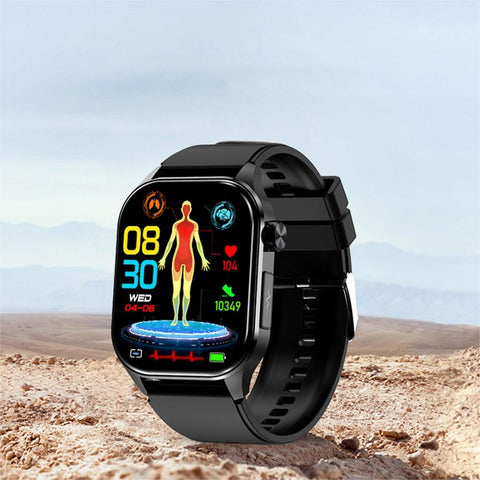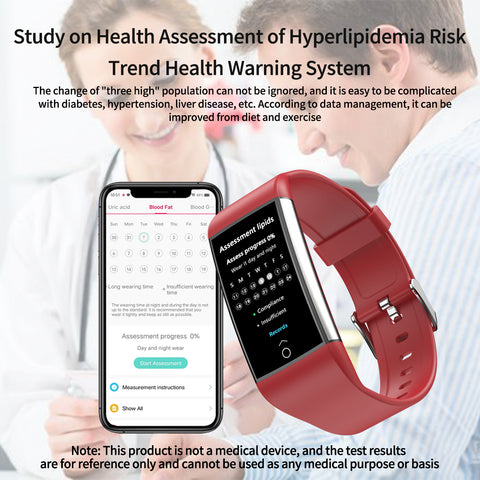Œufs durs : votre guide pour une cuisson parfaite à chaque fois
Les œufs durs sont un aliment polyvalent et nutritif, parfait pour les collations, les salades, les sandwichs et bien plus encore. Cependant, obtenir l'œuf dur parfait peut être délicat, avec des résultats allant du jaune insuffisamment cuit au blanc caoutchouteux. N'ayez crainte ! Avec la bonne technique et quelques conseils simples, vous pouvez toujours préparer des œufs durs parfaits à chaque fois.
Sélection des œufs
Pour de meilleurs résultats, commencez avec des œufs frais. Si les œufs plus vieux conviennent parfaitement à la cuisson dure, les œufs plus frais ont tendance à être plus faciles à peler. Si possible, choisissez des œufs qui ont quelques jours à une semaine pour un pelage optimal.
La méthode d'ébullition
-
Mettre les œufs dans une casserole: Disposez les œufs en une seule couche au fond d'une casserole. Veillez à laisser suffisamment d'espace entre les œufs pour permettre une cuisson uniforme.
-
Couvrir d'eau froide:Remplissez la casserole avec suffisamment d’eau froide pour couvrir les œufs d’environ un pouce.
-
Porter à ébullition: Placez la casserole sur feu vif et portez l’eau à ébullition.
-
Retirer du feu:Une fois que l’eau atteint l’ébullition complète, retirez la casserole de la source de chaleur et couvrez-la avec un couvercle.
-
Laisser reposer: Laissez les œufs reposer dans l’eau chaude pendant le temps de cuisson souhaité, en fonction de votre préférence pour la consistance du jaune (voir ci-dessous pour le temps de cuisson).
Le moment idéal pour cuire des œufs durs parfaits
- Oeufs à la coque: 4 à 6 minutes
- Œufs mi-cuits: 7-9 minutes
- Oeufs durs: 10-12 minutes
Adaptez le temps de cuisson en fonction de votre altitude et de la taille des œufs. Pour des œufs plus gros ou des altitudes plus élevées, vous devrez peut-être ajouter une minute ou deux au temps de cuisson.
Refroidissement et pelage
-
Bain de glace:Une fois les œufs cuits pendant le temps souhaité, transférez-les immédiatement dans un bol d'eau glacée à l'aide d'une écumoire. Ce processus de refroidissement par choc permet d'arrêter la cuisson et de rendre les œufs plus faciles à peler.
-
Peler les œufs:Une fois les œufs complètement refroidis (environ 10 minutes), tapez-les doucement sur une surface dure pour casser la coquille, puis épluchez-les sous l'eau froide courante. En commençant par l'extrémité la plus large (là où se trouve la poche d'air), retirez soigneusement la coquille en prenant soin de ne pas déchirer les blancs d'œufs.
Conseils pour réussir
-
Utilisez des œufs plus vieux:Comme mentionné précédemment, les œufs plus vieux ont tendance à se décoller plus facilement que les œufs frais.
-
Commencez avec de l'eau froide:Commencer avec de l'eau froide permet d'éviter que les œufs ne se fissurent à mesure qu'ils chauffent progressivement.
-
Refroidissement par choc: Ne sautez pas l'étape du bain de glace. Elle est essentielle pour éviter la surcuisson et garantir un épluchage facile.
-
Entreposer correctement:Une fois écalés, les œufs durs peuvent être conservés au réfrigérateur jusqu'à une semaine. Conservez-les dans un récipient couvert pour éviter qu'ils n'absorbent les odeurs.
Avec un peu de pratique et d'attention aux détails, vous pouvez obtenir des œufs durs parfaits à chaque fois. Suivez ces étapes simples, expérimentez les temps de cuisson pour obtenir la consistance de jaune souhaitée et savourez des œufs durs délicieux et nutritifs dans vos plats préférés.Que vous prépariez un repas pour la semaine ou que vous prépariez une collation rapide, maîtriser l'art des œufs durs améliorera vos compétences culinaires et ravira vos papilles. Bonne cuisson !










